Kiwis prove dangers of race-based division

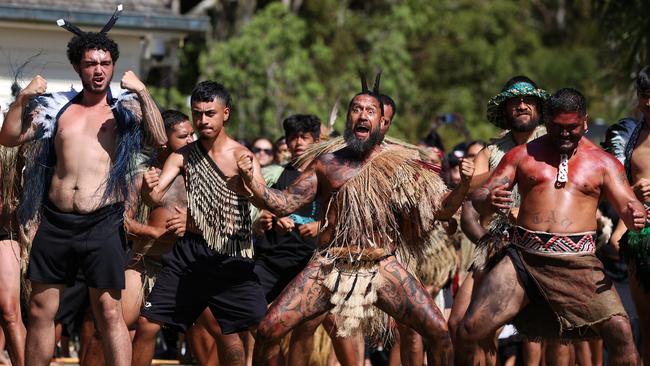
Bitterness and division will be your constant companions. Best to learn from our neighbours across the ditch and keep as tight a lid on the box as is practically possible. New Zealand’s divided governance arrangements, and resulting uncertainty about who governs and how, now verges on plunging the country into major civil strife based on race.
The shocking divisions on display even before Tuesday’s Waitangi Day are a harbinger of the deep unhappiness now unavoidable in New Zealand race relations.
New Zealand has its own special legal and cultural framework that entrenches, and exacerbates, its racial divisions, and we can only watch on and wish our neighbour well in trying to resolve them. What we must not do is import or replicate the legal, cultural and political schisms inherent in New Zealand but almost entirely avoidable in Australia.
As Anne Barrowclough’s analysis on the weekend explained, ever since the Treaty of Waitangi in 1840, New Zealand has had a framework of divided governance.
The English-language version of that treaty ceded complete sovereignty over the country to the Crown, but the Maori version of that treaty was said to be much more ambiguous. That uncertainty led to the adoption in the 1980s by the Waitangi Tribunal, an unelected body of assorted well-meaning lawyers and academics, of the so-called Principles of the Treaty of Waitangi.
These principles were an airy-fairy, loosy-goosy group of platitudes that apparently made the country a “partnership” between the New Zealand Crown and Maori. There was never any definitive or precise statement of the extent of the co-governance thereby established but co-governance of some kind it clearly was.

The Waitangi Tribunal’s stated vision that the “the Crown and Maori, reconciled in the spirit of the principles of the Treaty of Waitangi/Te Tiriti o Waitangi, will be empowered to join in creating a better future for all New Zealanders” is a lovely sentiment. The reality in recent years has been bitterness. When the former government introduced ethnic priority for Maoris in the health system, it provoked disgust among doctors and non-Maoris.
The ACT and New Zealand First parties, now in coalition with the National Party, have a policy of de-Maorification, and are demanding a referendum to clarify the Waitangi principles, and a poll before the election that brought all three parties to government suggested a majority of New Zealanders support the referendum.
Thankfully, Australia is not cursed by the institutional framework that makes these issues so difficult in NZ.
The Australian legal position on sovereignty is clear and unambiguous. As settled by the High Court in Coe and other cases, the Australian Crown is the sole and exclusive sovereign in this continent. The High Court specifically stated there is no room for any form of residual sovereignty of Indigenous persons.
With the exception of eccentric corners of some of our law schools and political fringe-dwellers such as Lidia Thorpe and her “blak” sovereignty movement, nobody seriously contends otherwise. Any possibility of change to Australia’s existing sovereignty arrangements was snuffed out by the disastrous failure of the voice referendum.
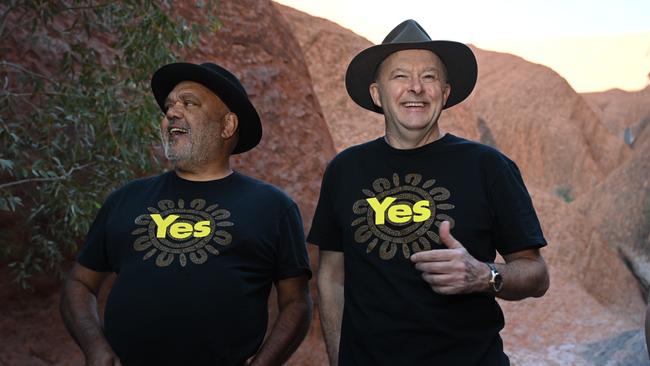
Though the legal system does not support them, the “always was, always will be” activists will never give up trying to find wedges to create co-governance, different legal rights and different legal systems based on race. The treaty push, most recently aired by Greens who have little understanding of middle Australia, is the latest such Trojan Horse.
Elsewhere too, our system of equality under the law is under challenge. In British Columbia, where I’ve been for the past month, the provincial government is set on a course of sharing governance of Crown lands with First Nations.
As Bruce Pardy, a professor of law at Queen’s University, explained in the National Post last weekend, the effect of amendments to the BC Land Act will be to grant veto rights to hundreds of First Nations groups.
This change, described by some academics as a shift away from the Westminster model of governance, has its roots in the United Nations Declaration on the Rights of Indigenous Peoples. While Australia, Canada, the US and New Zealand voted against this declaration in 2007, in 2016 Canadian Prime Minister Justin Trudeau reversed Canada’s position.
The result, Pardy says, is that “First Nations will have a veto right over how most of BC is used. Joint management can be expected to apply to mining, hydro projects, farming, forestry, docks and communication towers, just to start. Activities at the heart of BC’s economy will be at risk”.

With the push in Australia by the Greens and other radicals within our law schools and bureaucracies to unravel our current governance system, we need to consider one fundamental question before it is too late. Do we go down a route of separatism, co-governance, divided sovereignty and different rights for different groups, or do we continue to support the principle of every person being treated equally under one system of government?
Australians demonstrated with determination at last year’s Indigenous voice referendum that they want one country with one governance system and equality under the law for all. They want rights and obligations to be based on individual characteristics not on membership of collective groups.
Positive discrimination for limited purposes and limited time periods is acceptable to many Australians so long as these discriminatory arrangements are diligently scrutinised to ensure they fulfil their purpose and last no longer than strictly necessary.
Recent decisions of the US Supreme Court winding back temporary affirmative action programs for university admission that had outlasted their purpose demonstrates this is a growing global realisation.
Not only does Australia not have a legal history or framework that mandates divided governance, it has a vibrant multicultural society with many different subgroups all of whom are entitled to respect, tolerance and support but not entrenched privilege or rights.
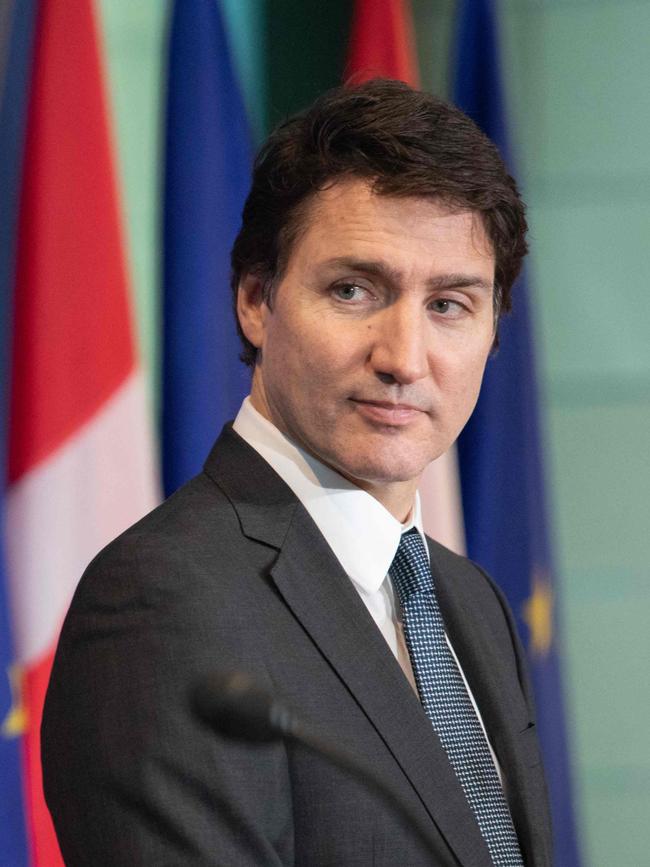
Equality under the law means we can still celebrate diversity and encourage people to enjoy their culture. Our Indigenous people do deserve recognition as the original occupiers of this land, and government support to help their individual circumstances. We can recognise Indigenous land rights because they reflect acceptance under Australian law of existing traditional usage and ownership of the land by Indigenous peoples.
But permanently entrenched differentiation in legal or political entitlements – by setting up separate courts, entering into treaties, or providing race-based (rather than need-based) rights and entitlements – is a recipe for entrenched unhappiness and continued division we are now seeing in New Zealand.
For every Maori demand, there is an equal and opposite reaction. The result is a constant ratcheting up of ill-feeling and division.


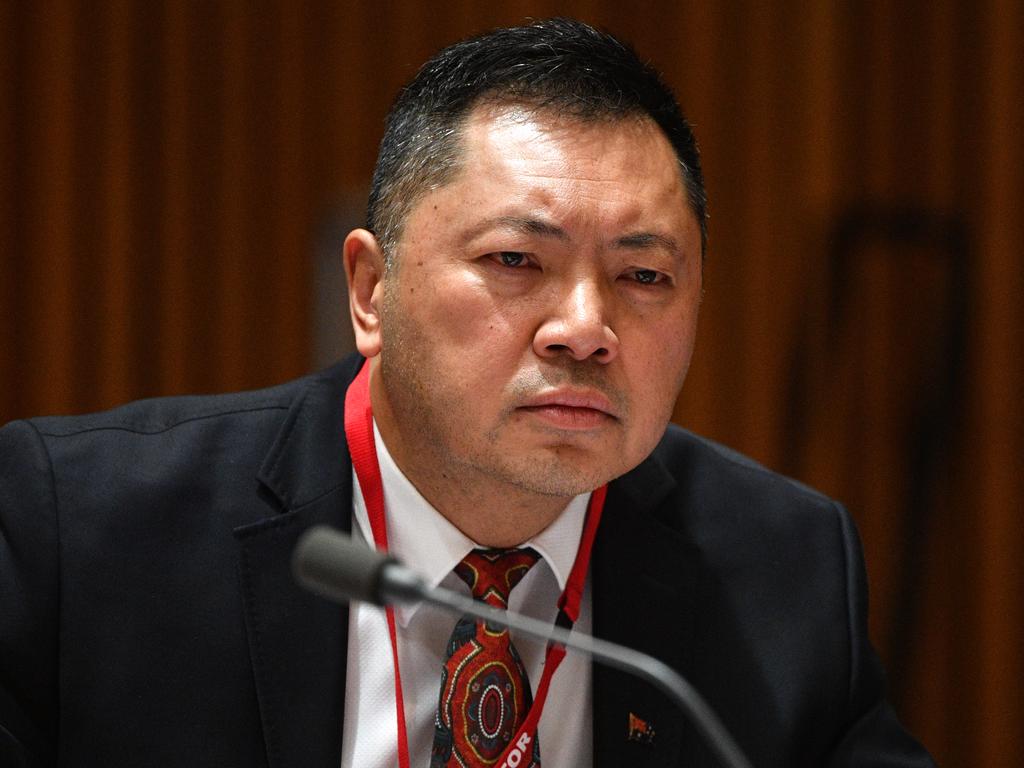

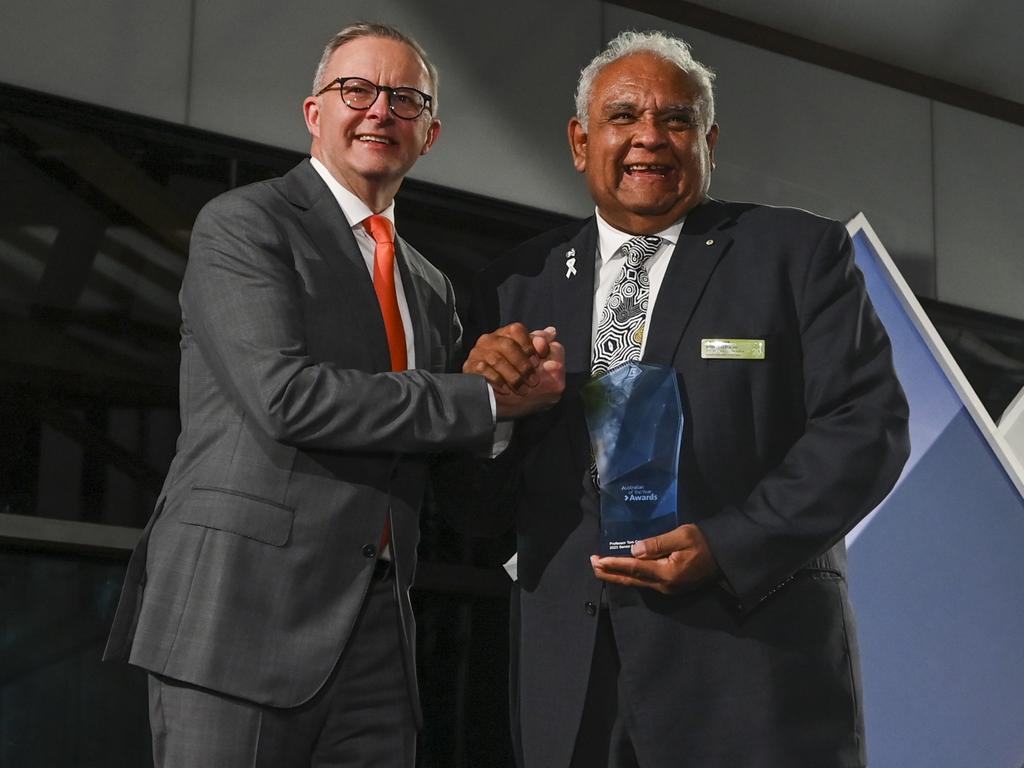

Once you open the Pandora’s box of separatism and special rights based on race, it is a terrible task to stuff the shocking spectres that emerge back in the box.